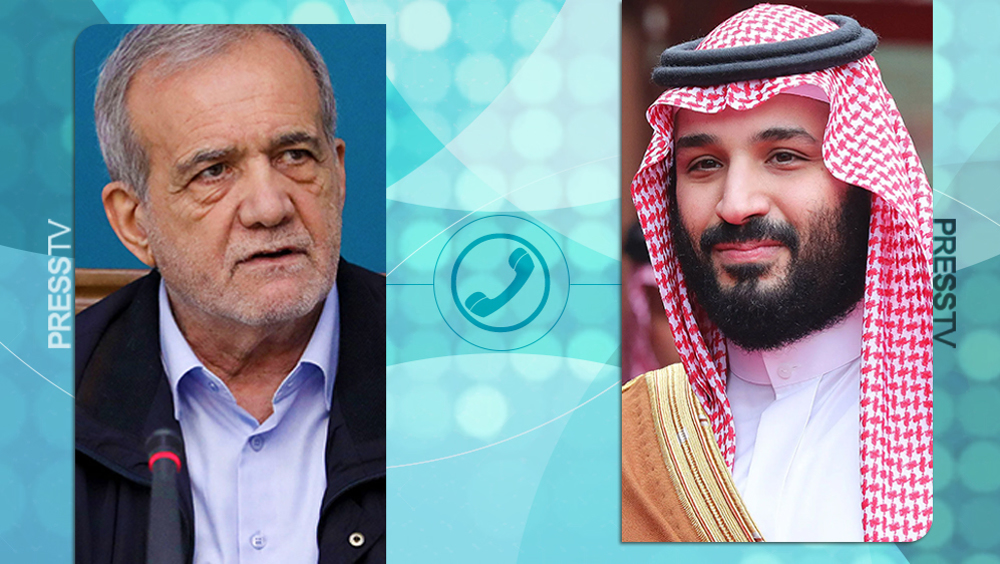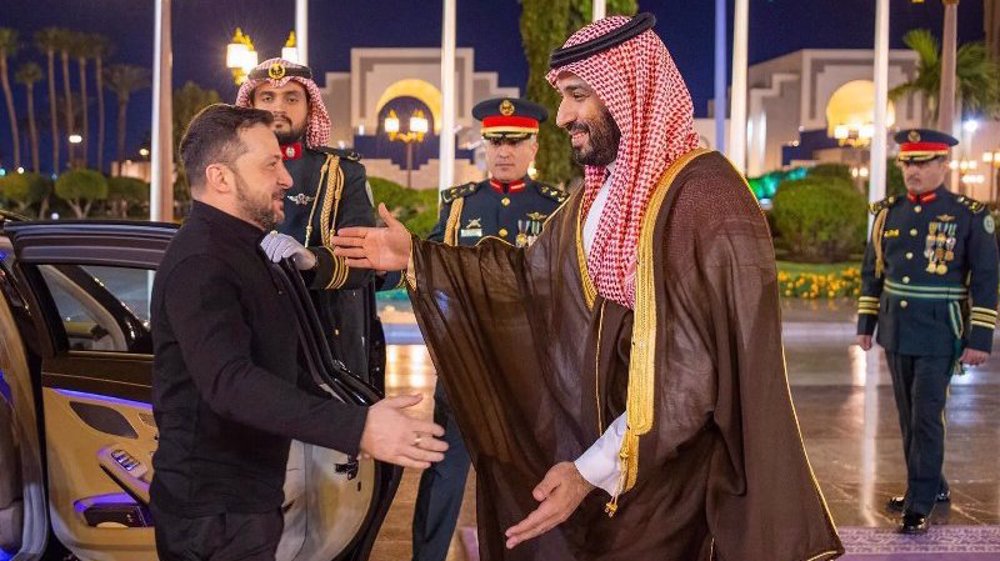US sending Patriot battery, radars to Saudi after oil attack
The United States is pressing ahead with plans to deploy a battery of Patriot missile systems as well as a series of advanced radars to Saudi Arabia, a move that officials say is a first step in helping the kingdom protect itself against the kind of attacks that recently destroyed its oil facilities.
The administration of US President Donald Trump also has two more Patriot batteries and a Terminal High Altitude Area Defense (THAAD) missile system ready for deployment should they become necessary, Reuters reported Thursday, citing administration officials.
Some 200 troops are also slated to be deployed to Saudi Arabia alongside the air defenses.
The four Sentinel radar systems and the Patriot battery are supposed to secure northern Saudi Arabia. Currently, most of the Riyadh regime’s air defenses are closer to the southern border with Yemen.
Yemen’s Houthi Ansarullah movement has been launching missile and drone attacks against targets deep inside Saudi Arabia over the past months in retaliation for the kingdom’s years-long aggression.
The attacks reached their peak on September 14, when the Houthis said they had sent 10 drones to pound major oil facilities of the Saudi state company Aramco in Khurais and Abqaiq.
The drone attack took out the facilities and cut Saudi Arabia’s oil output by more than half, or around 5.7 million barrels a day.
American officials have admitted that Saudi Arabia’s mostly US-made defenses failed to intercept any of the drones, or as they claim, cruise missiles that carried out the precision attacks even though they flew hundreds of kilometers over Saudi territories.
Read More:
The United States and Saudi Arabia have both blamed Iran for the attacks, ignoring the Houthi claims.
Military commanders and defense leaders from both countries have been working together over the past weeks in order to determine what kind of military is needed to be sent to the region in response to the attack.
Despite having quickly pointed the finger at Iran, Trump during a White House meeting last Friday rejected speculations about an upcoming military strike on Iran. However, he approved a broader effort to beef up military measures in Saudi Arabia and the region.
US Defense Secretary Mark Esper said that such deployments were a first step and the plan might be expanded to include other things down the road.
Meanwhile, US officials are saying that Washington is in talks with its allies onboard with a plan that allegedly seeks to maintain security in the region.
The Trump administration claims that Iran is behind the Aramco attacks as well as previous acts of sabotage against international oil tankers passing through the Strait of Hormuz near Iranian territorial waters.
Rejecting the claims on Wednesday, Iranian President Hassan Rouhani unveiled his Hormuz Peace Endeavor (HOPE) at the 74th United Nations General Assembly, inviting all countries of the region to form a “coalition of hope” and calm tensions across the region.
Rouhani warned during his speech that America’s history of interventionism around the world shows that outsiders cannot guarantee security in the Persian Gulf region.

Saudi police ‘detain’ female pilgrim for displaying Palestinian flag in Mecca

Pezeshkian: Iran's capability in defending itself at highest level

Zelensky in Saudi Arabia for support after clash with Trump in US
VIDEO | Press TV's news headlines
VIDEO | BRICS+ Association of Cities, Municipalities held in Tehran
VIDEO | Protests erupt in front of US congress to slam Trump economic policies
VIDEO | Pakistan's religious leaders announce Jihad against Israel, US over Gaza genocide
Israel releases Palestinian boy who was arrested at age 13
Israeli CEO arrested for pedophilia and sexual assault
Israel's hawkish minister, husband accused of sex abuse by daughter
Iran breaks Germany's monopoly on cancer-treating Rhenium-188








 This makes it easy to access the Press TV website
This makes it easy to access the Press TV website